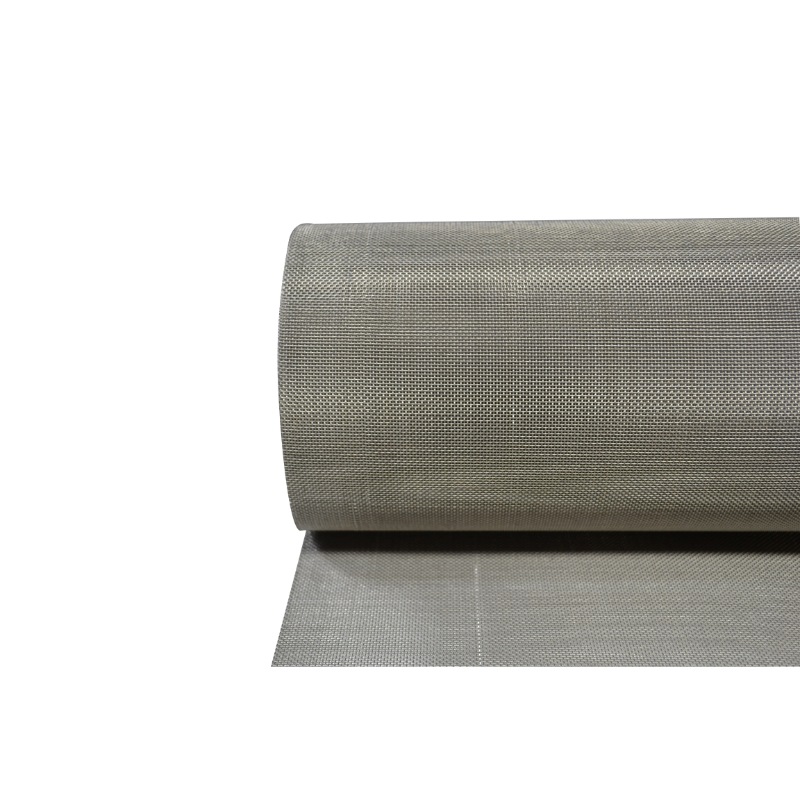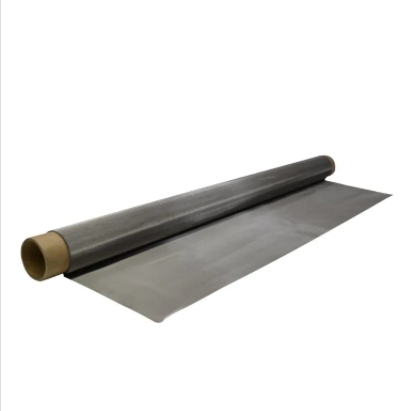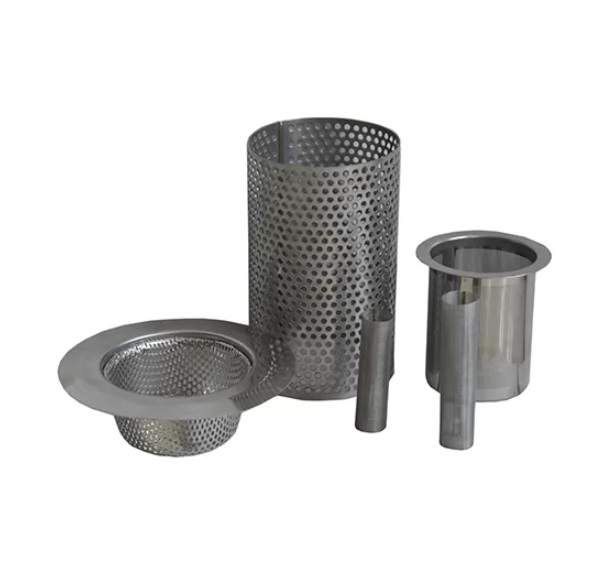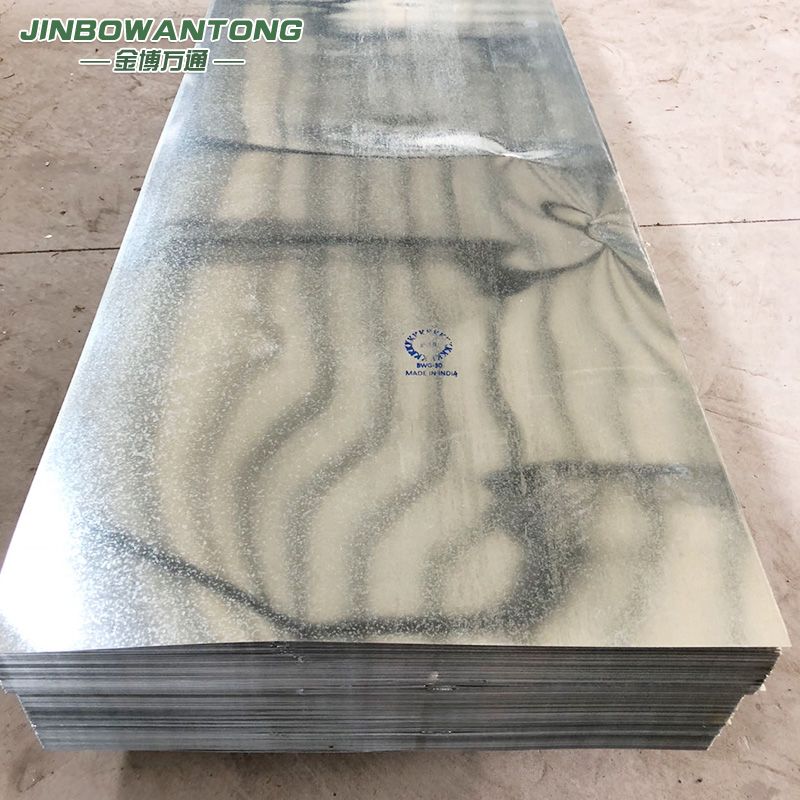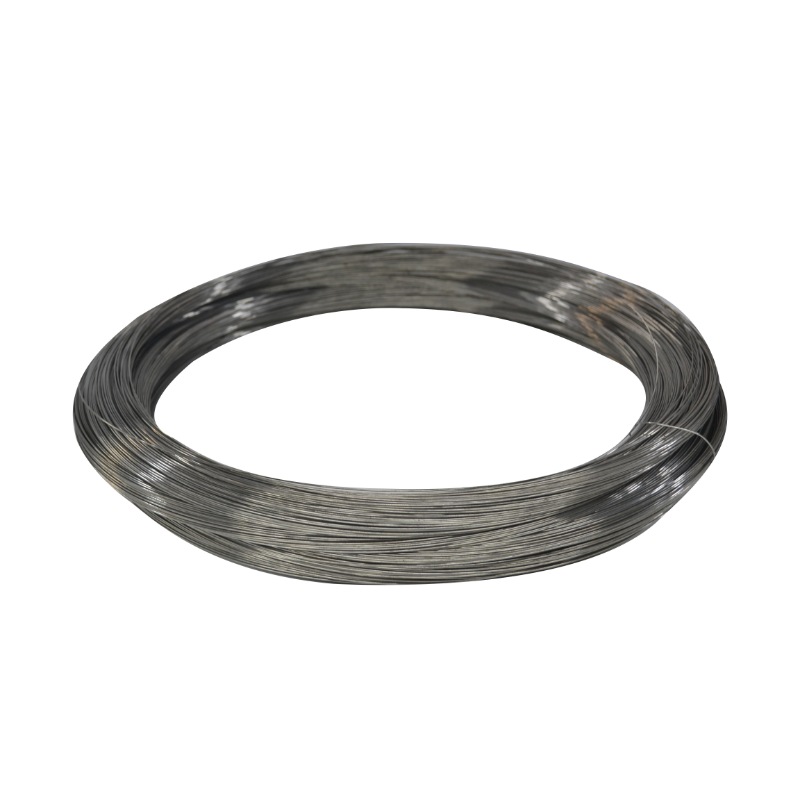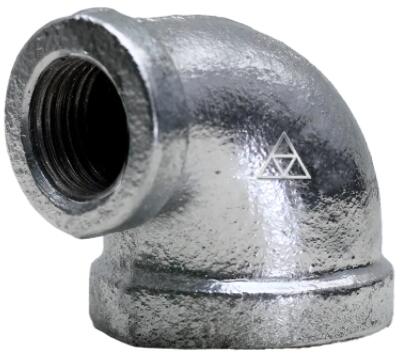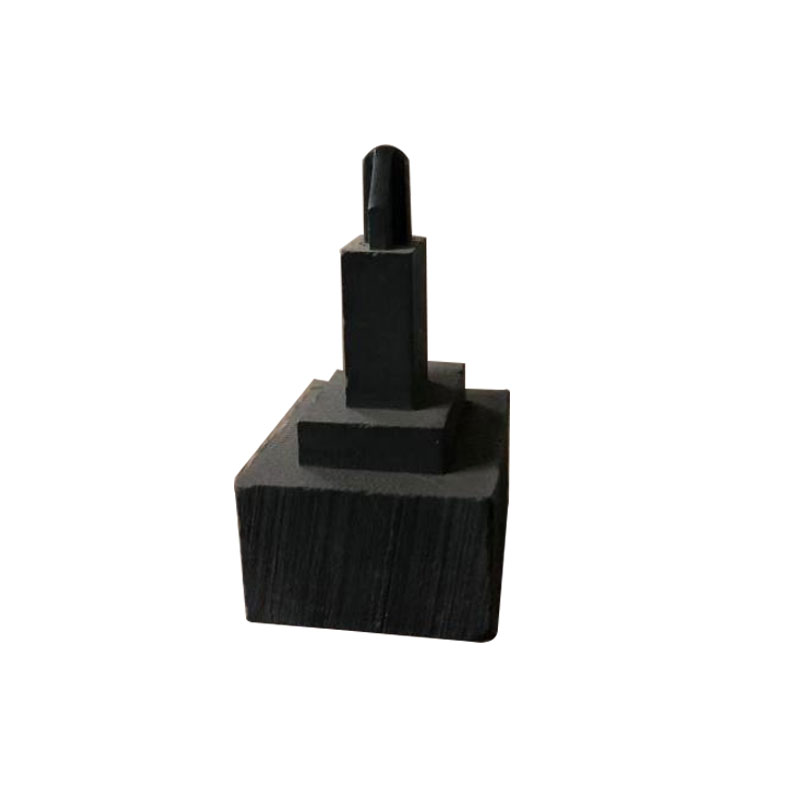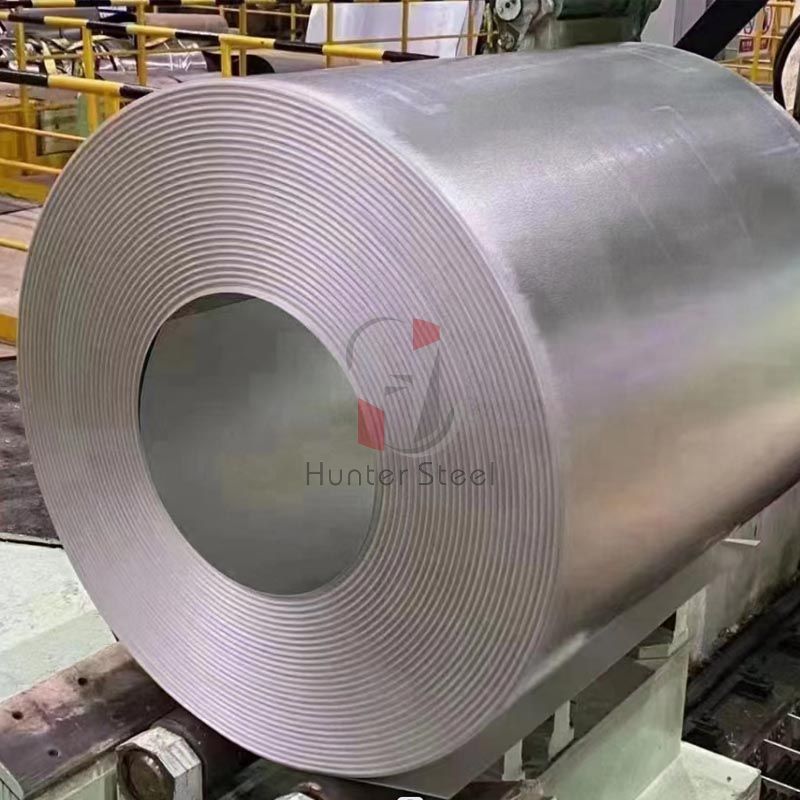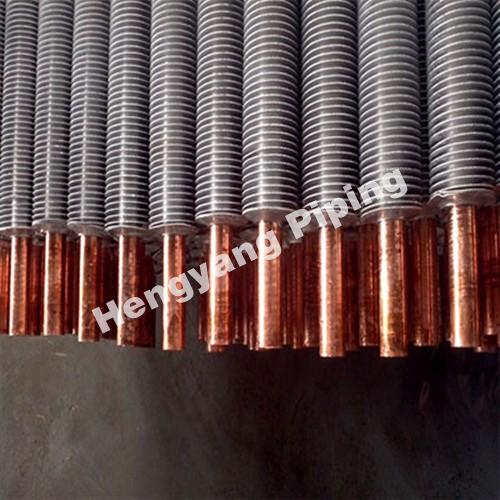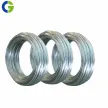Differences Between Inconel and Monel Safety Wire
Safety wire is a critical component in a variety of industries and plays a key role in ensuring the integrity and reliability of mechanical systems. It is used to secure fasteners and prevent them from loosening due to vibration, thereby increasing safety and preventing potential disasters. Inconel and Monel alloys are two commonly used safety wire materials, each with unique properties and applications. The purpose of this article is to take an in-depth look at the differences between Inconel and Monel safety wire, shedding light on their composition, properties and optimal use scenarios.
Understanding Inconel Safety Wire
Inconel is a registered trademark for a family of high-performance corrosion-resistant alloys composed primarily of nickel, chromium and iron. These alloys are known for their superior resistance to extreme temperatures, oxidation and corrosion. Inconel safety wire is widely used in industries that are regularly exposed to harsh environmental conditions, such as aerospace, petrochemical and marine applications.
The Works:
The composition of Inconel safety wire typically contains 50-60 per cent nickel, 20-25 per cent chromium and the remainder consists of iron, small amounts of alloying elements and traces of carbon and manganese. This composition gives Inconel safety wire a wide range of favourable properties.
Properties:
Corrosion Resistance: Inconel safety wire has excellent corrosion resistance, making it ideal for applications in corrosive environments such as salt water, chemical plants and high temperature applications.
High Temperature Stability: Inconel can withstand extreme temperatures, remaining strong and stable even at temperatures in excess of 1832°F (1000°C). This characteristic is critical for industries such as aerospace, where materials must withstand extremely high heat during flight.
Strength and Durability: Inconel safety wire is known for its high tensile strength and durability. It resists deformation and maintains structural integrity under mechanical stress, further enhancing its reliability.
OXIDATION RESISTANCE: Inconel resists oxidation at elevated temperatures, preventing rust and ensuring wire longevity.
Applications:
Inconel safety wire is commonly used in aerospace, petrochemical and marine applications where corrosion resistance, high temperature stability and durability are critical. It is used to protect critical components such as bolts, nuts and fasteners in engines, turbines and exhaust systems.
Learn about Monel alloy safety wire
Monel alloy is another corrosion-resistant alloy that is often compared to Inconel due to its similar applications and properties. Monel alloys consist primarily of nickel and copper, with small amounts of other elements such as iron, manganese and silicon. Monel alloy safety wire is favoured in industries where resistance to seawater and other corrosive environments is critical.
The Works:
Monel alloy safety wire typically contains about 65-70 per cent nickel, 30-34 per cent copper and trace amounts of other elements, including iron, manganese and silicon. This composition gives Monel alloy safety wire its unique properties.
Properties:
Can Post Tensioning Be Used in Both New and Existing Structures?
How to use fiberglass filtration mesh for metal casting
What is Expanded Metal? A Versatile Solution for Diverse Applications
Alloy C276 vs. Hastelloy C276: Understanding the Differences
What is nickel clad steel?
What Is Thermite Powder Used for?
The Versatility and Efficiency of Woven Mesh Filter Screens
CORROSION RESISTANCE: Monel alloy safety wire is known for its superior corrosion resistance, especially in marine and seawater environments. This makes it an excellent choice for shipbuilding, offshore drilling and marine equipment applications.
High Strength: Monel alloy safety wire is known for its high tensile strength, which prevents fasteners from loosening even under high vibration conditions.
Ductility: Monel alloys are highly ductile and can be easily bent and twisted without breaking. This property is advantageous when fixing complex structures or irregularly shaped parts.
Non-magnetic: Monel alloys are non-magnetic and are therefore suitable for applications where magnetic interference is not required, such as compasses and navigational instruments.
Applications:
Monel alloy safety wire is widely used in the marine and offshore industry due to its excellent resistance to salt water corrosion. It is used to protect critical components on ships, oil rigs and other marine equipment. In addition, Monel alloy safety wire is used in aerospace applications where non-magnetic properties are required.
Key differences between Inconel and Monel safety wire
Works:
Inconel safety wire consists primarily of nickel, chromium and iron, with small amounts of other elements.
Monel alloy safety wire is composed primarily of nickel and copper with traces of other elements.
Corrosion Resistance:
Inconel alloys are well suited for corrosive chemical environments and high temperature conditions.
Monel alloys offer excellent corrosion resistance in marine and saltwater environments.
Temperature Resistance:
Inconel alloys can withstand extremely high temperatures and are well suited for applications in aerospace and high temperature industrial environments.
Monel alloys have a lower temperature resistance than Inconel alloys and are better suited for medium temperature applications.
Strength and Ductility:
Both Inconel and Monel safety wire have high tensile strength, but Monel is known for its greater ductility.
Magnetic properties:
Inconel may exhibit some magnetic properties, while Monel is non-magnetic.
Conclusion.
Inconel and Monel alloy safety wire are both valuable materials for securing fasteners and preventing them from loosening due to vibration. However, their unique compositions and properties make them better suited for specific applications. Inconel alloys are ideal for aerospace and high-temperature industrial applications due to their high temperature and oxidation resistance. On the other hand, Monel alloys are preferred for marine, offshore, and certain aerospace applications due to their superior corrosion resistance and non-magnetic properties in marine environments. Understanding the differences between these two materials is critical to choosing the right safety wire for a particular job, ensuring the safety and reliability of critical components across industries.
Benefits and uses of perforated metal
The advantages of expanded metal mesh
What is the common problem of conveyor belt?
How about stainless steel window screens?
What is the difference between uns N07718 and Inconel 625?
What is the purpose of gabions box?
Nickel Base Alloy: A Versatile and Durable Metal for Modern Applications



